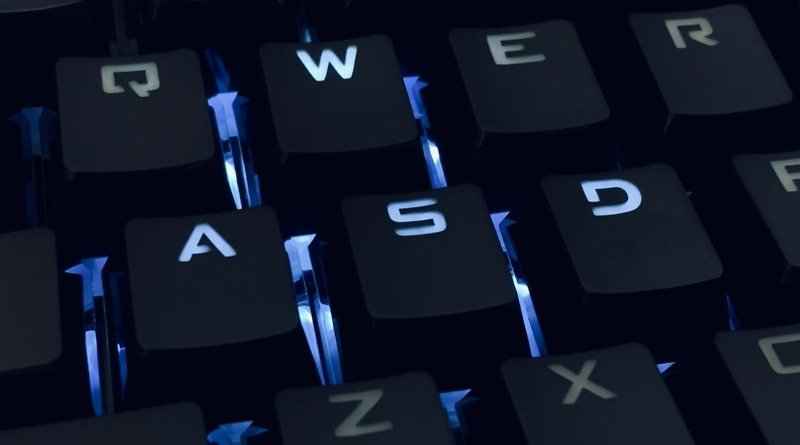Origins of Historical Analysis in Forex Trading
From ancient eras to the present, human beings have been intrigued by the history-origins-investigation-a-brief-exploration-of-forex-trading/” title=”History Origins Investigation: A Brief Exploration of Forex Trading".”>origins of history and its meaning. The study of history and its analysis has been an integral part of human culture for centuries. With the emergence of the modern foreign exchange (FOREX) market, the analysis of historical data to anticipate market movements and capitalize on upcoming trends has become an increasingly important tool for traders across the globe. In this article, we explore the origins of historical analysis FOREX and discuss how a trader can use this powerful tool to their advantage.
What is Historical Analysis Review?
Historical analysis review examines a variety of historical documents for accuracy and relevance, typically looking at the past to understand the present and anticipate the future. It is an ongoing effort to make sense of a complex set of forces, events, and people through the study of the past. Historians employ a variety of methods to interpret the documents available and look at how current events may relate to the ones that have already occurred. For example, a historian might examine a collection of primary sources from a specific time period or region in order to develop an overall understanding of the context and events that occurred.
The Origins of Historical Analysis Review
Historical analysis reviews have been used to study the past since ancient times. Ancient Egypt had priests who looked at the written and oral history of their civilization to interpret the past in order to make sense of the present. In the medieval period in Europe, the clergy and royal court scholars explored ancient manuscripts to understand past events. This practice continued into the Renaissance period, when more accessible forms of historical writing allowed for the widespread study of the past.
In the late eighteenth century, Rankean historiography was developed by Leopold von Ranke. His focus was on understanding unique individuals and analyzing their contribution to the society through primary documents. This approach was popularized by the publication of his book, The History of Rome. Rankean historiography focused on critical analysis of primary documents to uncover the realities of a complex political and religious history.
In the mid-twentieth century, Jardini introduced a new methodology for studying the past. This method, known as Systems Analysis, was a holistic approach to the study of the past. By studying the effects of groups of people, institutions, and processes in the past, it is possible to gain an overall picture of a certain era. For example, the adoption of a new technology or the effects of a government policy could be studied in this way. This method gave military decision-makers information designed to “sharpen their judgments on military situations.”
A Closer Look at Historical Analysis Review
Today, historical analysis review is an essential tool for understanding the past. It is used in a variety of fields, including journalism, business management, social history, and international relations. Business History Review is an influential journal that gathers research articles on the development of different sectors over time and assesses their impact on global markets. By understanding the historical context behind certain economic changes, it is possible to set better strategies for the future. In the consumer goods industry, for example, it is important to understand how the product life cycle, Consumer Goods Classification System, and Theory of Retail Gravitation evolved to inform the market today.
Historical analysis, however, is not without its critics. Many argue that historical data is open to interpretation. Additionally, with the advent of the internet, it is often hard to trust the accuracy of documents online. Scholars have highlighted the need to find ways to ensure that the integrity of the historical record and our interpretations fit into our typical peer review processes. To address this concern, researchers have developed new methods such as history theory, information design, and data criticism. Through these approaches, it becomes possible to examine historical events in an objective way and draw valid conclusions from them.
Ultimately, historical analysis reviews are a valuable tool for understanding the past. Through careful examination of primary sources, it is possible to gain an insight into major events that shaped the society we live in today. This understanding is essential for creating more effective strategies for the future and for helping to make better decisions.
